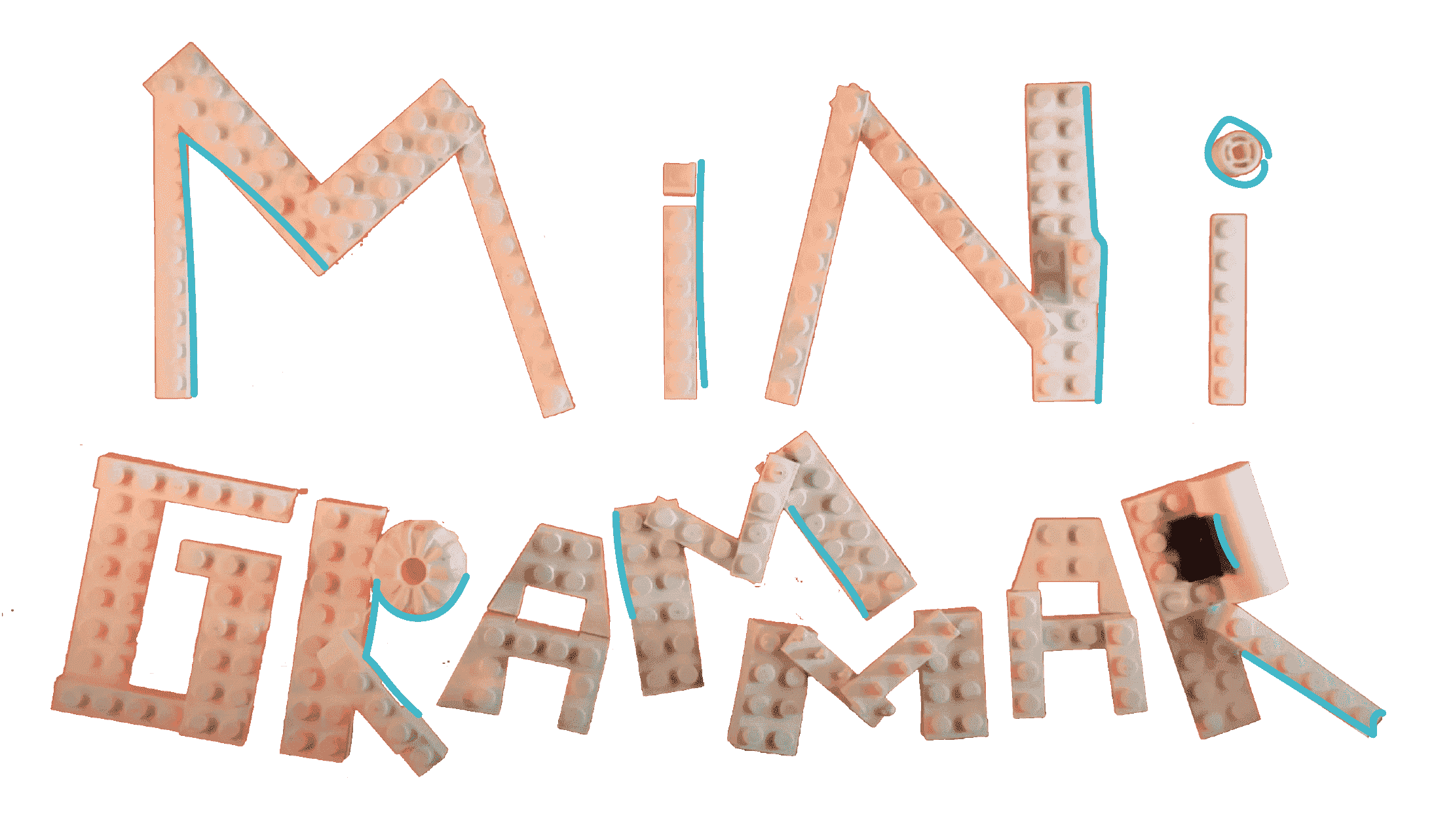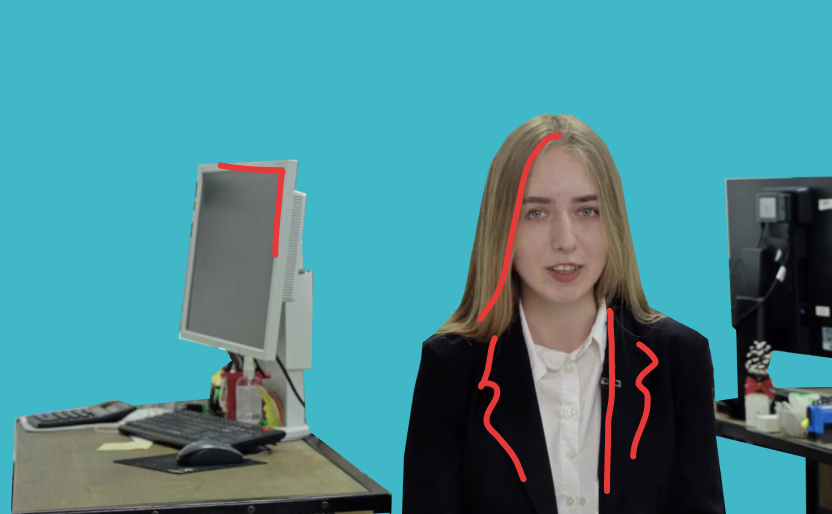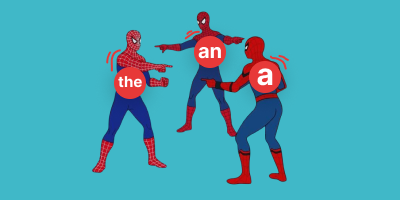Mini grammar: gerund and infinitive in English

About course
The Mini Grammar series of course allows you to learn English in small parts. In each of these courses we take one grammar topic and we look at it from top to the bottom.
In this course you will learn the nuances of the usage of gerund and infinitive forms after some verbs. For instance, the verb hate can be followed both by gerund and infinitive: hate to do or hate doing. But, the meaning of these two phrases will be different .
This course consists of 9 lessons with rules, examples and practice exercises. If you want to figure out nuances such as Gerund and Infinitive, then dive into this course.
-
Level: Intermediate
-
50 minutes
- 9 lessons
-
27 tasks
-
Teacher's language: English
Course program
9 LESSONS
LESSON 1
Remember
Grammar rules of using gerund and infinitive after a given verb. Table. Exercises.
LESSON 2
Forget
Grammar rules of using gerund and infinitive after a given verb. Table. Exercises.
LESSON 3
Try
Grammar rules of using gerund and infinitive after a given verb. Table. Exercises.
LESSON 4
Regret
Grammar rules of using gerund and infinitive after a given verb. Table. Exercises.
LESSON 5
Stop
Grammar rules of using gerund and infinitive after a given verb. Table. Exercises.
LESSON 6
Go on
Grammar rules of using gerund and infinitive after a given verb. Table. Exercises.
LESSON 7
Mean
Grammar rules of using gerund and infinitive after a given verb. Table. Exercises.
LESSON 8
Like
Grammar rules of using gerund and infinitive after a given verb. Table. Exercises.
LESSON 9
Hate
Grammar rules of using gerund and infinitive after a given verb. Table. Exercises.
Who is this course for
This course is for middle and upper levels. It is focused on the nuances of English grammar, which should be figured out, when the basic rules are already known.
A course for those who know what gerund and infinitive are . But always forgets about special cases of use of these forms.
The course will save teachers who give this topic to their students and look for good material.
The course can also be suitable for those who pass the topic of gerund and infinitive on the course and feel ready to master more complex nuances.
What will you get after the course
You will learn 9 verbs, after which gerund and infinitive are used, you will figure out the difference in meaning of both options and you won’t confuse “hate doing” and “hate to do”.
-
Level: Intermediate
-
50 minutes
- 9 lessons
-
27 tasks
-
Teacher's language: English
What are gerunds and infinitives in English and how to use them in practice
Mastering the English language can be challenging due to various reasons, starting from memorizing words to pronunciation. For many students, a particular obstacle arises in understanding the grammar of this foreign language, especially the peculiarities of how to deal with both gerunds and infinitives. Thus, let's try to delve into these concepts that seem to be tricky at first glance.
What's an infinitive? It is the base form of a verb, though in English, it is used in sentences with the particle to, as in to swim. The infinitive is employed to indicate an action or intention directed towards the future or when expressing a purpose.
On the other hand, a gerund is an impersonal verb form or a noun derived from a verb, always ending in -ing, such as swimming. In speech, the gerund is used to indicate an action or process.
Students of language courses are often confused when to use infinitive verbs and gerunds. To understand the differences, it's worth your while delving a bit deeper into the grammatical rules.
Gerund as the subject of a sentence
For example, you intend to say that swimming is good for health. It would seem that the infinitive to swim can be used here, but we are talking about an action, so we use the gerund and say “Swimming is good for health”. The same can be said about singing or walking, forming a gerund from the words sing and walk.
Learn how to use the gerund and the infinitive in English according to the grammar tables
In order to better understand English, you should have special tables from the Booyya course at hand, which list the words after which one or another form of the verb must be used. For example, the infinitive form is always used after the words such as tell, get, cause, offer and manage. In contrast, mind, miss, involve, enjoy, dislike and avoid will always be followed by the gerund. Does it seem to be difficult? Yes, it does, but thanks to the Booyya course, you will be able to easily overcome these obstacles, allowing us to tell you more about it below.
The infinitive is followed by the adjective
To separate the infinitive, a table is not always needed, because we always use this form of the verb after the adjectives. Here are some examples:
- So great to visit the zoo.
- Nice to visit Iceland again.
- It was exciting to hear this legendary song performed live.
Even if the adjective is followed by the word enough in the sentence, we will use the infinitive form of the verb together with to afterwards:
- I'm not tall enough to get that book off the top shelf.
- The test was easy enough to get a high score.
Master gerunds and infinitives rules with the Booyya course
Since most students struggle with using various verb forms, experienced educators have developed a comprehensive course to master this topic. Booyya's course will not only help you memorize the basic rules in just 9 lessons and reinforce the new information through examples and exercises. The course specifically focuses on commonly used verbs in the English language, such as:
- remember;
- forget;
- try;
- regret;
- stop;
- go on;
- mean;
- like;
- hate.
Most importantly, each lesson includes easy-to-memorize tables to better absorb the new material, thus being useful for revision, especially during exam preparation. All the grammatical content is included in interactive textbooks accompanied with engaging videos and images. Presenting boring rules in this format enhances attention and prevents students from losing interest. What’s more, you can revisit the lessons again and again until you solidify your knowledge and fully comprehend English grammar.
- access to all 213 English courses on the platform, except for the English PRO series
- 2 - 4 new courses every month
- exclusive access to SUBSCRIPTION ONLY courses
- access to the Smarte+ - smart online tool for English practice
- unlimited studying for the selected period
- access to self-study English plans




































